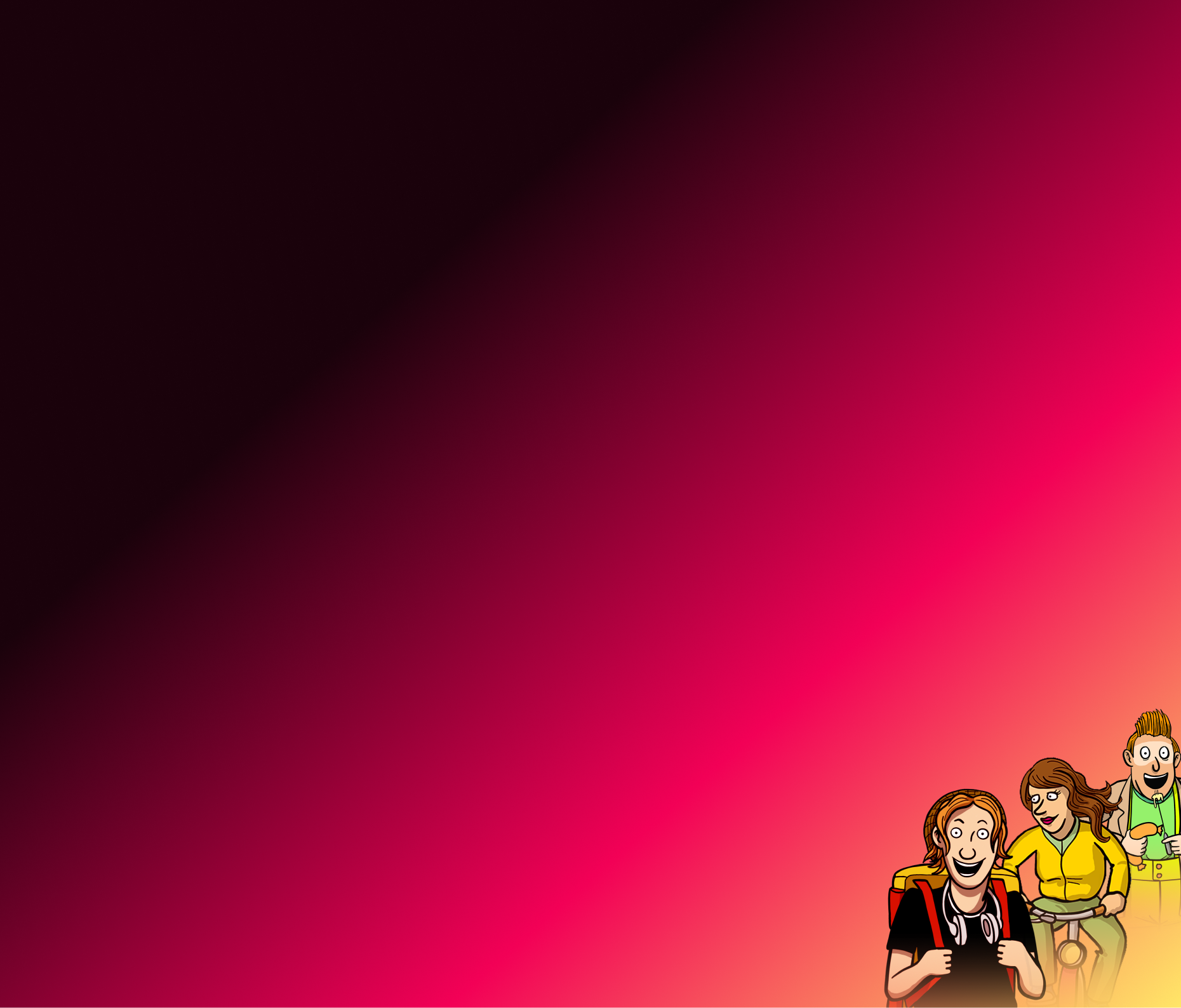Forming a sentence with two infinitives
Verbs like lassen (to let someone do something, to allow something to be done), hören (to hear) and sehen (to see) and the modal verbs Modalverben can be combined with a conjugated verb and an infinitive.
Du wirst morgen kommen müssen.
You will have to come tomorrow.
Ich habe dich gestern ausschlafen lassen.
I let you sleep late yesterday.
In the perfect tense, we use the infinitive of lassen, hören, sehen and wollen instead of a past participle when they are used with other verbs.
Ich habe Tim gehört. → Er hat Tim kommen hören.
I heard Tim. → He heard Tim coming.
Sie hat ein Taxi rufen lassen.
She has had a taxi called.
Sie hat das Ufo landen sehen.
She saw the UFO land.
When we want to use the perfect tense in a part of a sentence that starts with weil, dass, etc., the order is: conjugated verb + infinitive + lassen/sehen/hören/modal verb.
Wir sehen, dass du die Haare geschnitten hast. → Wir sehen, dass du die Haare hast schneiden lassen.
We see that you have cut your hair. → We see that you have had your hair cut.
Ich weiß, dass du nicht hast helfen können.
I know that you couldn't help.
Still facing difficulties with 'Forming a sentence with two infinitives'? Learn and enhance your German grammar through our online German course. Start with a free test and improve today!
What our users say:
Improve your German further and test Wunderbla, online German lessons.

